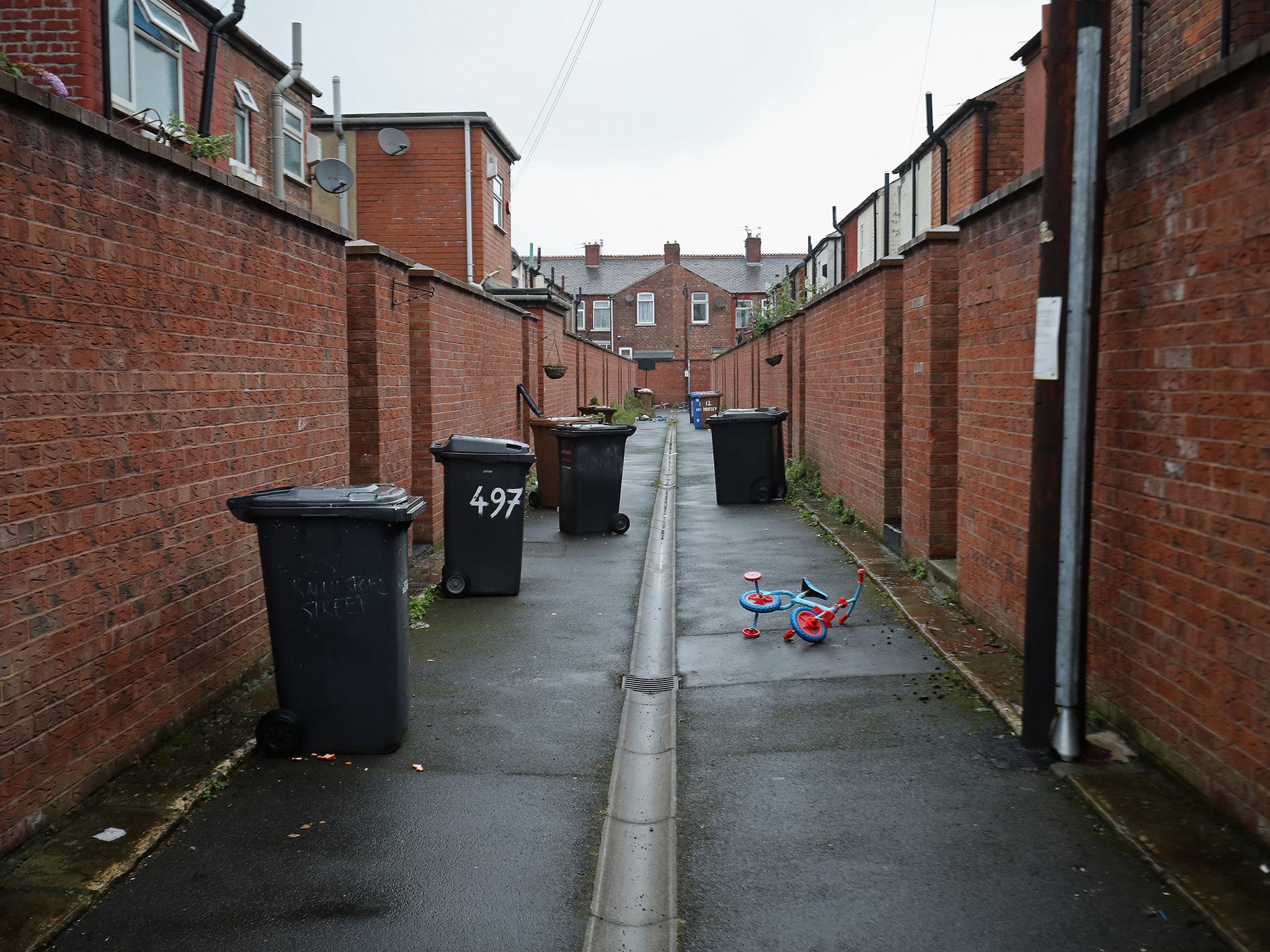The London housing bubble has finally burst
Housing market rebalancing could benefit the UK economy, though people expecting to profit from house price rises in London and the South East would be disappointed

Britain’s housing market is cooling down. The Nationwide’s house price index for August shows house prices across the country rising at an annual rate of 2.1 per cent, down from 2.9 per cent in July, continuing a general downward trend since the beginning of 2017. The days of fast rising house prices seem set to be over – at least for now.
The state of the housing market is often a good indicator of economic conditions in the UK, and at first sight this time is no exception. Economic growth slowed to 0.3 per cent in the second quarter 2017, and private consumption all but ground to a halt. The job market is still improving, with unemployment falling to 4.4 per cent, but Britain’s long-suffering workers are once more experiencing falling real incomes as rising inflation erodes wage growth.
It’s easy to blame this slowdown on rising uncertainty as Brexit looms on the horizon. After all, if your income is being eroded by rising inflation, and your job could be moving to Frankfurt, you are probably not going to consider buying a house until things improve. Mortgage approvals and new buyer enquiries might therefore be down because people are deferring buying decisions.
And there is another indicator that Brexit uncertainty is impacting the housing market too. According to the Royal Institute of Chartered Surveyors (RICS), the stock of houses coming on to the market is close to record lows. People who might have moved are staying where they are.
However, the headline figures conceal wide regional disparity. The RICS survey shows that house prices in London and the South East are falling. But in the rest of the country, they are still rising.
Fewer people are looking to buy in London and the South East than anywhere else, and more are people trying to sell properties than anywhere else. There is thus both a growing number of properties for sale and a shortage of buyers. Together, these combine to put downwards pressure on prices.
Conversely, in areas such as the North West, new enquiries are rising but there is a considerable shortage of houses for sale. House prices are therefore rising.
We could say that Britain has two housing markets: the overblown housing market of London and the South East, and the housing market of the rest of the country, where price rises have been much more moderate. The housing market in London and the South East is now undergoing a much-needed correction. But the housing market in the rest of the country is still growing at much the same rate that it has for years. There is no general slowdown. The headline figures are distorted by the bursting of the London property bubble.
The uncertainty caused by Brexit no doubt contributes to the bursting of the London property bubble. But equally important are the changes in stamp duty in 2016 that imposed higher rates on buy-to-let and overseas investors, and the Bank of England’s recent insistence that mortgage payments must be affordable even if interest rates rise significantly.
Many will welcome the price correction in London and the South East, where house prices have risen far beyond the reach of people on average incomes. Flattening of price differentials, and an associated slowdown in rental costs, could be beneficial for the army of workers currently struggling to live and work in London and the South East. It could also make it easier for businesses facing Brexit-related staff shortages to recruit from other parts of the UK. Overall, housing market rebalancing could benefit the UK economy, though people expecting to profit from house price rises in London and the South East would be disappointed.
That said, rising inflation affects people in the North West as much as those in the South East. The current economic environment is not friendly towards would-be homeowners. It may be that falling house prices will spread beyond London to other parts of the country. If this happens, then we are likely to see a much more severe economic downturn.

Join our commenting forum
Join thought-provoking conversations, follow other Independent readers and see their replies